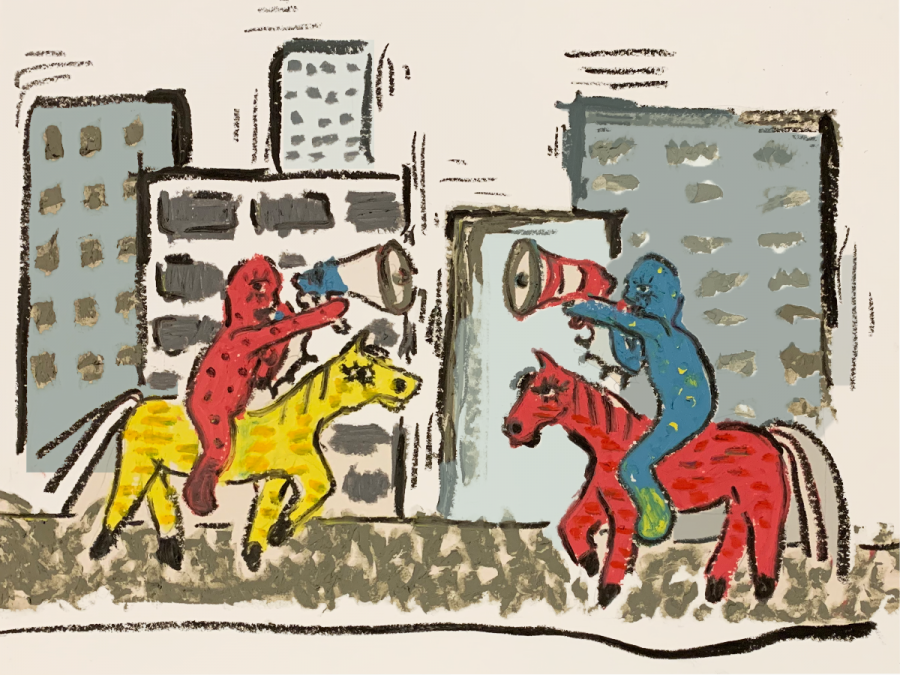You probably have heard about Senate Bill 18 by now, a law passed by the 86th Texas Legislature allowing anyone to speak on designated public spaces on campus. Before SB 18, organizations unaffiliated with the university could come onto campus, but they had to be invited by a campus organization or affiliate beforehand. Now, any party, excluding those engaging in commercial solicitation, can come onto campus with no prior permission necessary.
This law isn’t exactly revolutionary, as it will really only change how outside speakers are treated procedurally. It is up to the student body to react to this new policy in an effective and responsible manner. If students see this law as a threat to our public area, it will cultivate an exclusive mindset that reinforces existing negative stigma surrounding universities and free speech. This procedural change gives students the chance to prove that UT is an institution made of thoughtful students who can listen to opinions, even though they may contradict our own, and respond in a productive way.
As a whole, universities have gained the unfortunate reputation of not accepting free speech, particularly toward more controversial or inflammatory ideas. Students have pushed to shut down certain speakers nationwide, prompting others to accuse those students of not acknowledging opposing views.
Though we should not tolerate hate speech, by responsibly accepting the changes brought by SB 18, we can reject that reputation and build our own based on open-mindedness. Students can demonstrate this by listening to speakers on campus and engaging in thoughtful and constructive debate.
The urge to filter who has a platform on campus is understandable from a student’s perspective. No one wants to feel like their institution is actively hosting or promoting hateful and outdated ideas. That’s one of the benefits of this change — since these speakers are not being invited by the university itself, students won’t feel betrayed if someone whose agenda they don’t agree with makes their way onto campus. It’s a win-win for both the university and the students. Both are relieved of any liability from being associated with such speakers.
Largely, though, students shouldn’t expect an increase in these types of speakers. It’s not like the university was strictly filtering the types of speakers in the past, as there has always been a healthy diversity in the types of groups brought onto campus.
“You’ll probably see the same people that you’ve always seen, without a dramatic change,” said JB Bird, director of media relations and newsroom. “Except that instead of being invited, they can now come on their own.”
There are sure to be exceptions, but for the most part, this policy is simply protecting the presence of those who want to influence students with the best of intentions.
We should appreciate our space in the community as a place of free expression, and allowing this interaction with the community not only fosters open debate, but reforms our image into one of acceptance.
Ruder is a political communications freshman from Frisco.


















